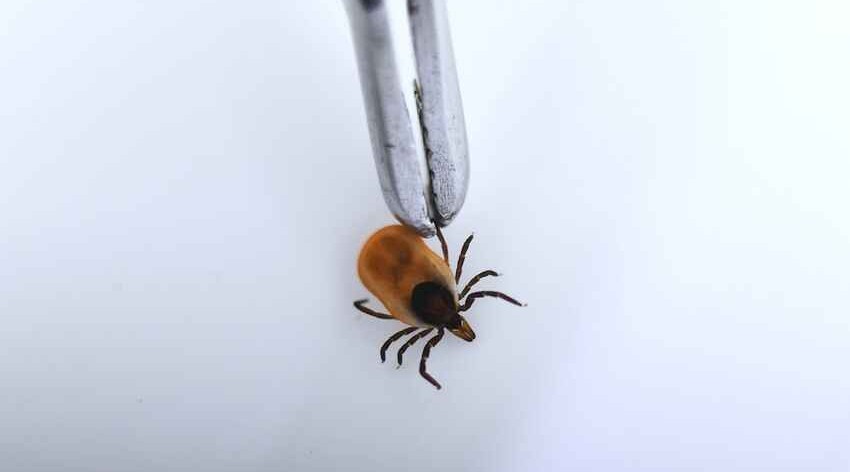New virus detected in Japan
The novel infectious virus, named Yezo virus and transmitted by tick bites, causes a disease characterized by fever and a reduction in blood platelets and leucocytes

A previously unknown virus that can infect humans and cause disease has been identified by scientists in Japan, Qazet.az informs referring to News Medical.
The novel infectious virus, named Yezo virus and transmitted by tick bites, causes a disease characterized by fever and a reduction in blood platelets and leucocytes.
The discovery was made by researchers at Hokkaido University and colleagues, and the results have been published in the journal Nature Communications.
The Yezo virus was discovered after a 41-year-old man was admitted to the hospital in 2019 with fever and leg pain after being bitten by an arthropod believed to be a tick while he was walking in a local forest in Hokkaido. He was treated and discharged after two weeks, but tests showed he had not been infected with any known viruses carried by ticks in the region. A second patient showed up with similar symptoms after a tick bite the following year.
Genetic analysis of viruses isolated from blood samples of the two patients found a new type of orthonairovirus, a class of nairovirus, that includes pathogens such as the Crimean-Congo hemorrhagic fever virus.
“At least seven people have been infected with this new virus in Japan since 2014, but, so far, no deaths have been confirmed,” said Keita Matsuno, a virologist at Hokkaido University’s International Institute for Zoonosis Control.
The scientists then checked blood samples collected from hospital patients who showed similar symptoms after tick bites since 2014. They found additional positive samples from five patients. These patients, including the first two, had a fever and reduced blood platelets and leucocytes and showed indicators of abnormal liver function.
To determine the likely source of the virus, the research team screened samples collected from wild animals in the area between 2010 and 2020. They found antibodies for the virus in Hokkaido Sika deer and raccoons. They also found the virus RNA in three major species of ticks in Hokkaido.
